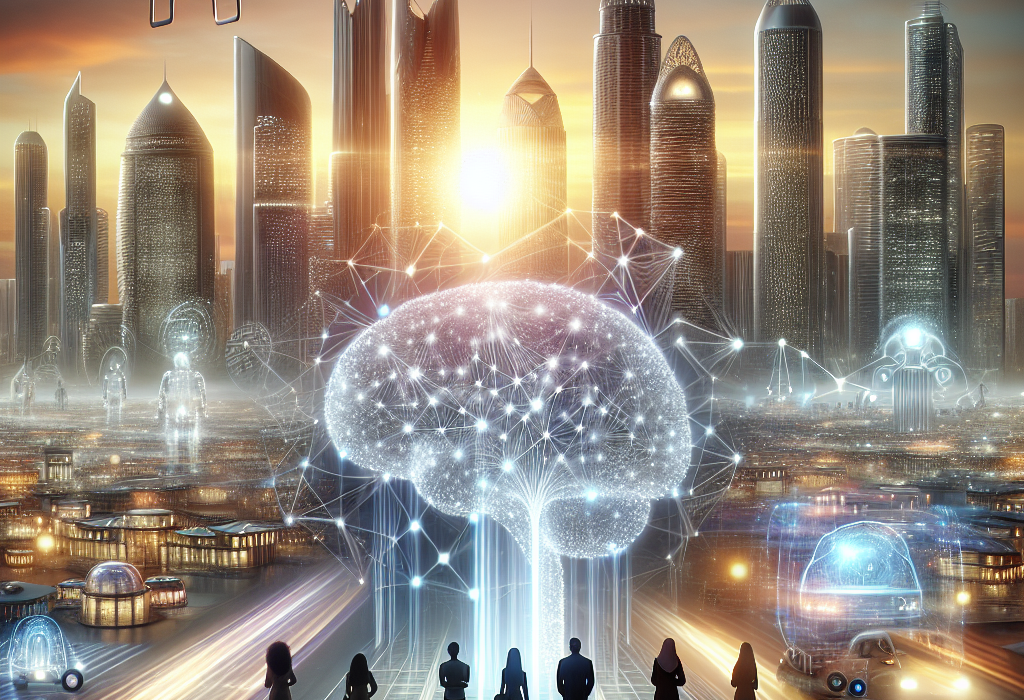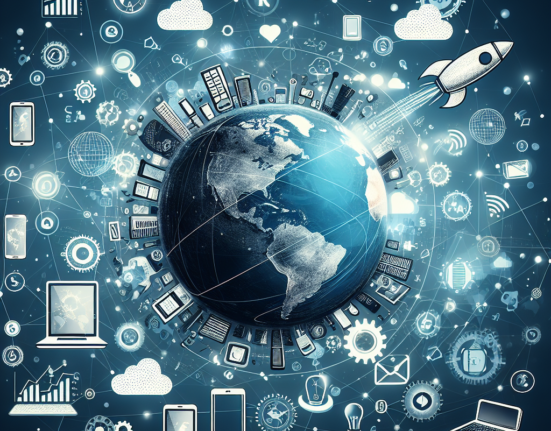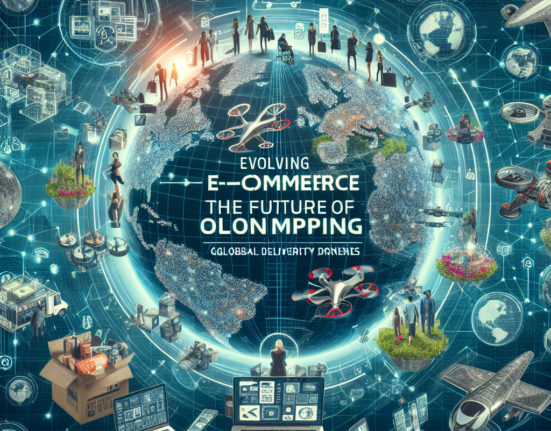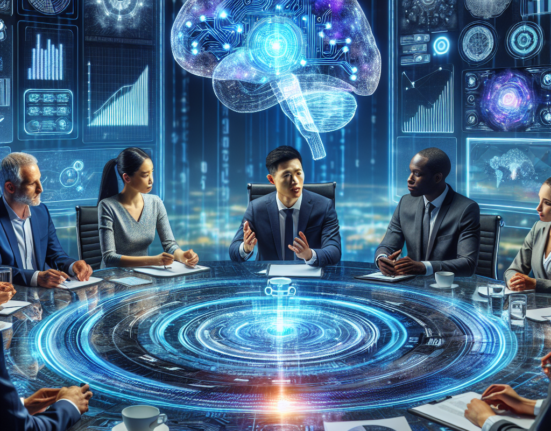Artificial Intelligence (AI) has long been heralded as the cornerstone of future technological advancements, and recent breakthroughs have only accelerated this narrative. As we stand on the brink of a new era, it is crucial to understand the transformative potential these developments hold for a wide array of industries and aspects of human life.
The Nature of the Breakthrough
The latest AI breakthrough, driven by improvements in machine learning algorithms, computational power, and data availability, has revolutionized the field in several ways:
- Unprecedented Accuracy: Enhanced algorithms now allow for more precise predictions and analyses, from healthcare diagnostics to financial forecasting.
- Natural Language Processing (NLP): AI’s ability to understand and generate human language has improved dramatically, leading to advancements in chatbots, translation services, and virtual assistants.
- Autonomous Systems: Breakthroughs in AI have spurred the development of more reliable autonomous vehicles, drones, and robotic process automation (RPA) systems.
Impact on Various Industries
Healthcare
AI is set to revolutionize healthcare by enabling more accurate diagnostics and personalized treatments. Machine learning models can now analyze medical images with superhuman accuracy, detecting early signs of diseases such as cancer. Precision medicine, which uses AI to tailor treatments based on individual genetic profiles, is becoming mainstream. Moreover, AI-powered predictive analytics can help in anticipating patient needs, optimizing treatment plans, and reducing healthcare costs.
Finance
In the finance sector, AI is transforming everything from trading to customer service. Advanced algorithms can analyze vast amounts of data to predict market trends and automate trading decisions, leading to more efficient and profitable operations. Financial institutions are also leveraging AI for fraud detection and risk management, ensuring more secure and reliable financial transactions.
Transportation
The transportation industry is witnessing a paradigm shift with the advent of AI. Enhanced algorithms and sensor technologies are making autonomous vehicles a viable option. These self-driving cars promise to reduce accidents, ease traffic congestion, and lower carbon emissions. AI is also streamlining logistics and supply chains, optimizing routes, and increasing delivery efficiency.
Education
In education, AI is personalizing learning experiences. Intelligent tutoring systems adapt to each student’s learning pace and style, providing customized learning paths. AI-driven tools are also being used to automate administrative tasks, allowing educators to focus more on teaching and less on paperwork.
Entertainment
The entertainment industry is experiencing a surge in AI-driven content creation and recommendation systems. Streaming platforms use sophisticated algorithms to suggest content based on user preferences, while AI-generated music, art, and even scripts are pushing the boundaries of creativity.
Ethical and Societal Considerations
With great power comes great responsibility. The rapid advancement of AI poses significant ethical and societal challenges. Issues such as data privacy, algorithmic bias, and job displacement need to be addressed proactively. It is imperative to develop robust regulatory frameworks and ethical guidelines to ensure that AI serves humanity’s best interests.
Data Privacy
As AI systems rely heavily on data, ensuring the privacy and security of this data is paramount. Comprehensive data protection regulations, such as the GDPR in Europe, can provide a blueprint for safeguarding personal information.
Algorithmic Bias
AI systems can inadvertently perpetuate and even exacerbate biases present in training data. Ongoing research and regular audits of AI systems are necessary to identify and mitigate bias, ensuring fair and impartial outcomes.
Job Displacement
While AI can automate repetitive tasks, it also has the potential to create new job opportunities. Reskilling and upskilling programs will be crucial in helping the workforce transition to new roles in an AI-driven economy.
The Road Ahead
The future of AI is incredibly promising, with potential applications extending far beyond what we can currently envision. As innovation continues to drive the AI frontier, interdisciplinary collaborations and a commitment to ethical standards will be essential in harnessing the full potential of this technology.
In conclusion, the latest AI breakthrough marks a significant milestone in the journey toward a smarter, more efficient world. Its implications span multiple industries, promising to enhance our lives in ways we are only beginning to understand. As we navigate the complexities and opportunities of this new era, it is imperative to approach AI development with a balanced perspective, ensuring that it remains a force for good.
















Leave feedback about this
You must be logged in to post a comment.